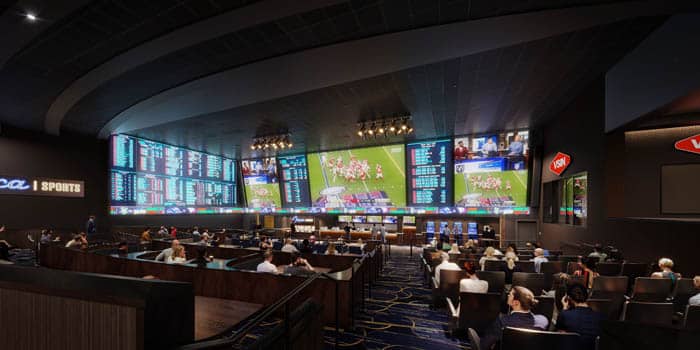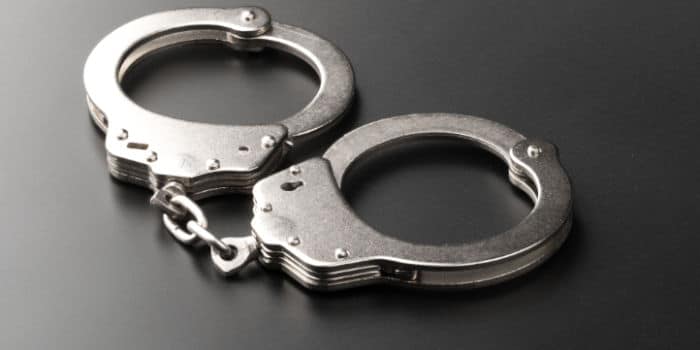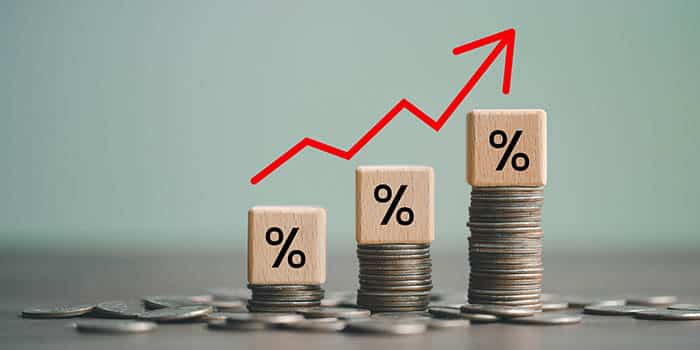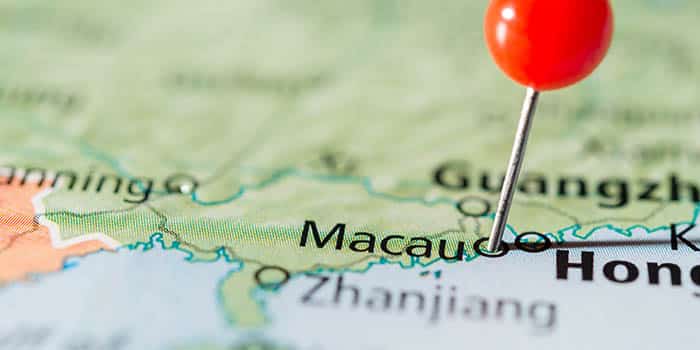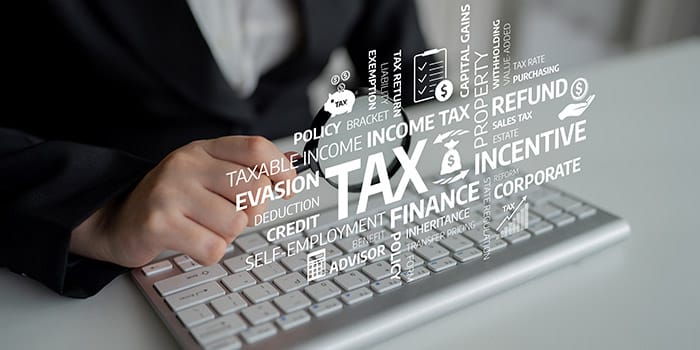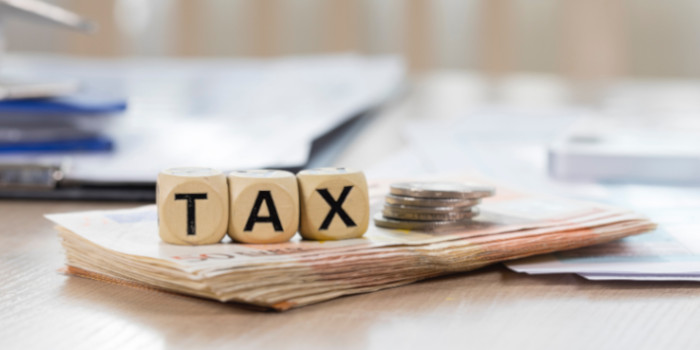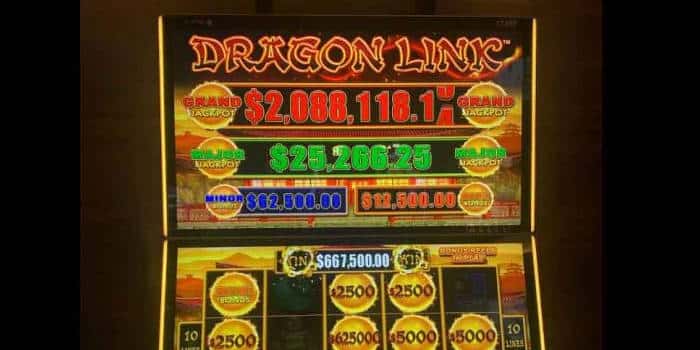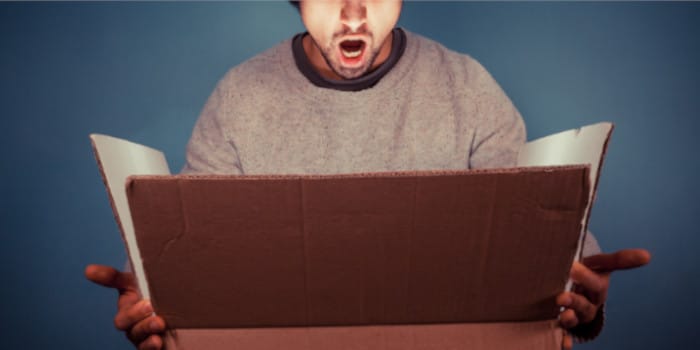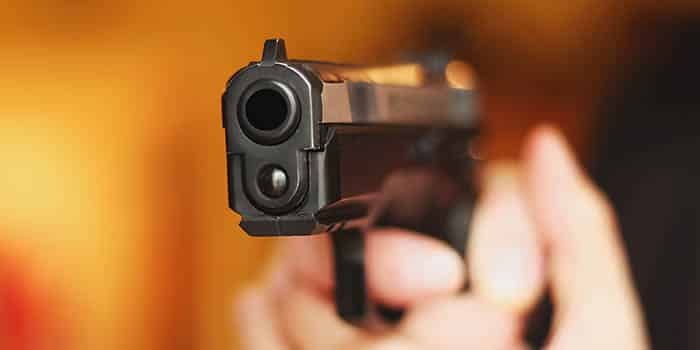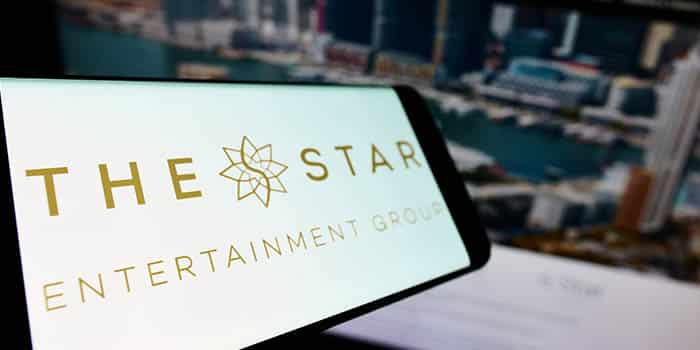Fact-checked by Angel Hristov
OBBBA Reportedly Raises Slot Tax Reporting Threshold to $2,000
While the change does not strictly target the gambling sector, industry experts largely agree that the increased threshold should apply, alleviating the administrative burden for players and operators
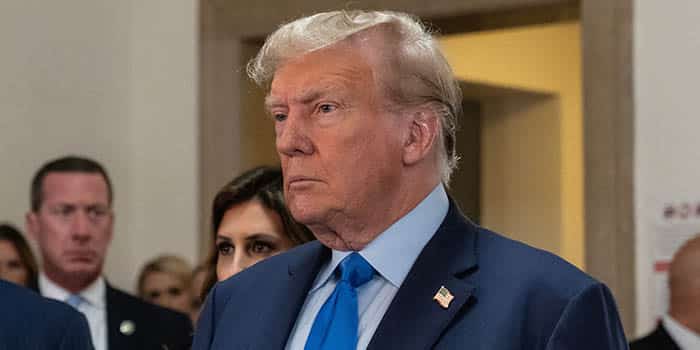
A recent adjustment to federal tax law could bring much-needed relief to the gaming industry. President Trump’s One Big Beautiful Bill Act (OBBBA) includes a provision raising the slot tax reporting threshold from $1,200 to $2,000. Although unexpected, this amendment could significantly benefit the broader gambling sector, aligning tax regulations with economic realities.
Several Experts Confirmed the Change
Buried in Section 70433 of the massive legislative package, the amendment replaces the long-established threshold under tax code Section 6041(a) with a $2,000 ceiling. Although the change technically applies to general information reporting obligations, lawyers and industry experts tentatively agree that it should also affect Form W-2G filings for slot machine winnings.
News outlet Casino.org recently reached out to attorney advisor Sophia Yan from the Tax Law Center at NYU Law. Yan noted that the reporting regime for gambling winnings originates from Section 6041(a), and when that threshold changes, all other legislation referring to this reporting floor should follow suit.
The change in Section 6041(a) as a result of OBBBA appears to re-establish a floor of $2,000 for reporting of all types. A more recent statutory change takes precedence over regulations.
Sophia Yan, attorney advisor at Tax Law Center at NYU Law
The change could significantly streamline casino operations as venues must briefly shut down machines when a winner lands a jackpot of $1,200 or higher, stopping play while staff hand out W-2G forms and verify IDs. Industry stakeholders have long complained that such a low reporting floor hinders player engagement and burdens operators and the IRS with excessive paperwork.
Reporting Thresholds Have Long Been a Contentious Issue
Rep. Dina Titus (D-NV), who recently made headlines for her efforts to oppose the controversial 90% limit on gambling loss deductibility, has spent years campaigning to update reporting thresholds. She highlighted that the $1,200 limit, dating back to the 1970s, is now woefully inadequate after decades of inflation or industry growth.
The American Gaming Association, another high-profile voice for reform, welcomed the update, confirming that Section 70433 would raise the reporting threshold for slots. In 2023, even the IRS signalled support for an overhaul, with a proposed new $5,000 limit and automatic inflation adjustments. While the OBBBA falls somewhat short, the changes are nevertheless a breath of fresh air for the industry.
While possibly unintentional, the new reporting rules have received praise from the broader gambling sector as a much-needed modernization of an outdated rule. However, industry representatives plan to continue their campaign for a more significant threshold. For casinos and bettors, fewer interruptions and less paperwork may become a reality sooner rather than later.
Deyan is an experienced writer, analyst, and seeker of forbidden lore. He has approximate knowledge about many things, which he is always willing to apply when researching and preparing his articles. With a degree in Copy-editing and Proofreading, Deyan is able to ensure that his work writing for Gambling News is always up to scratch.
